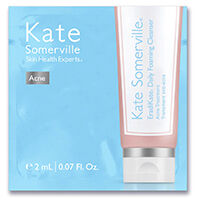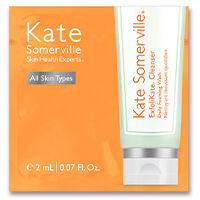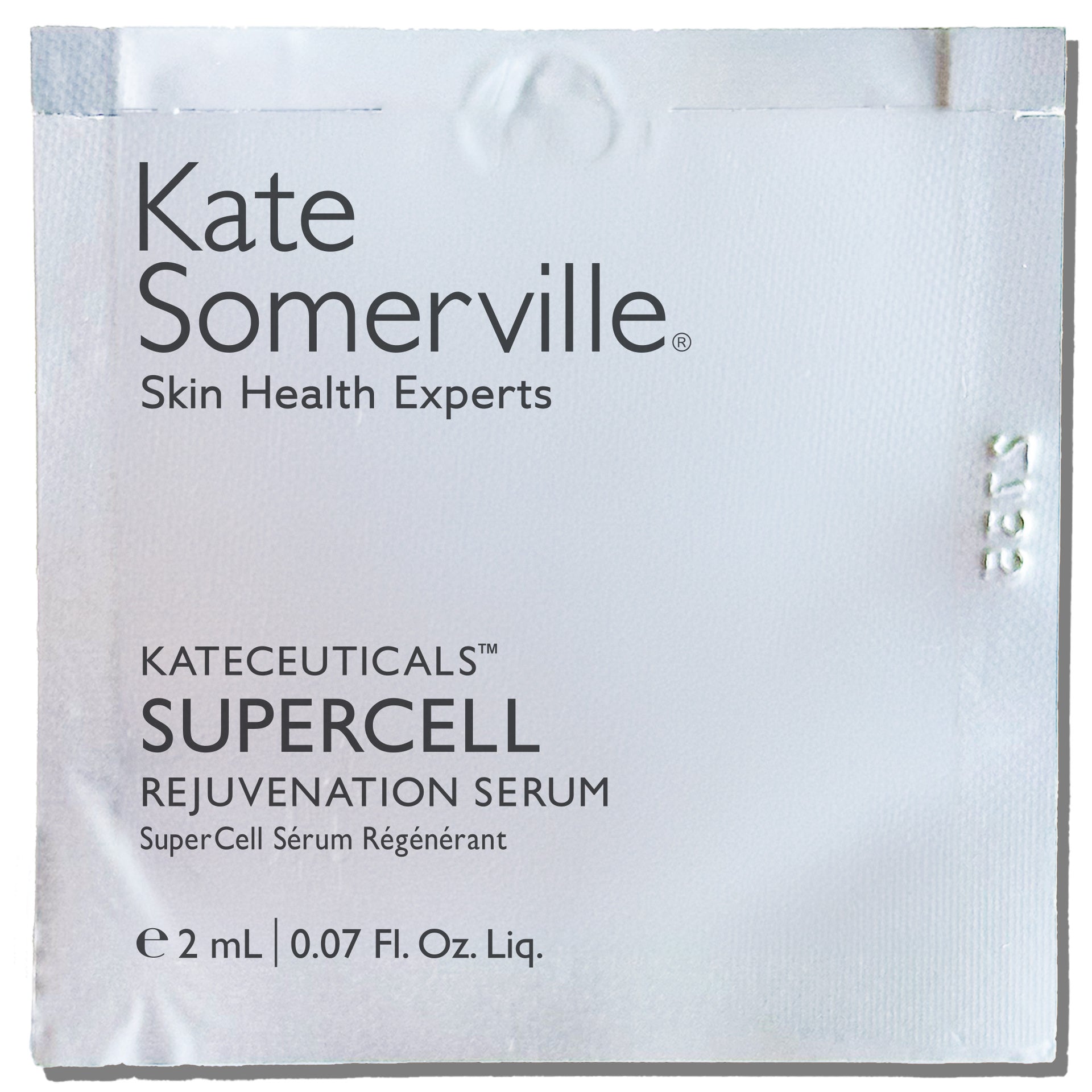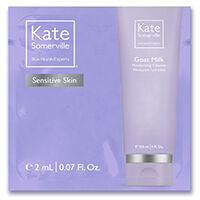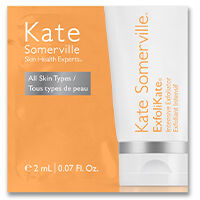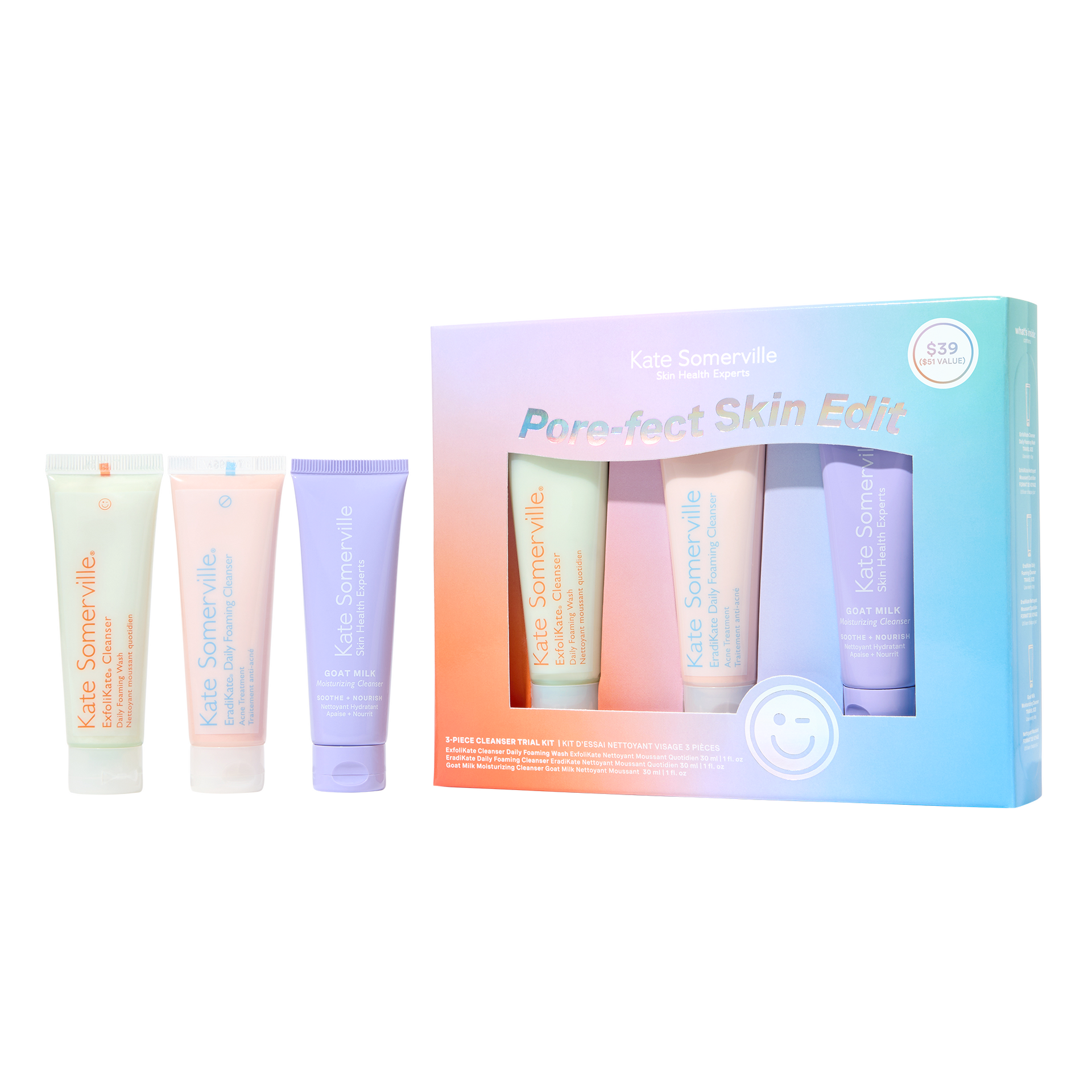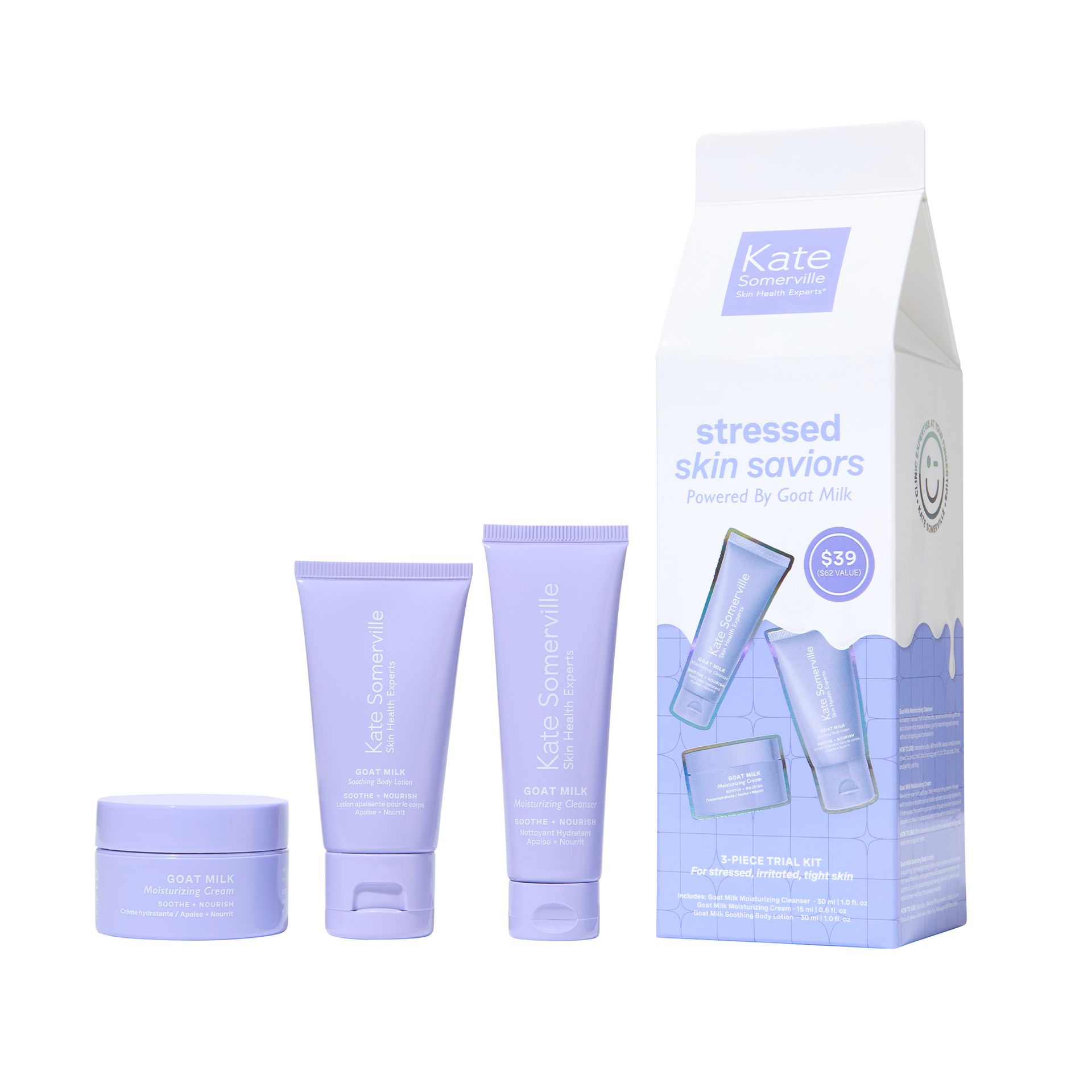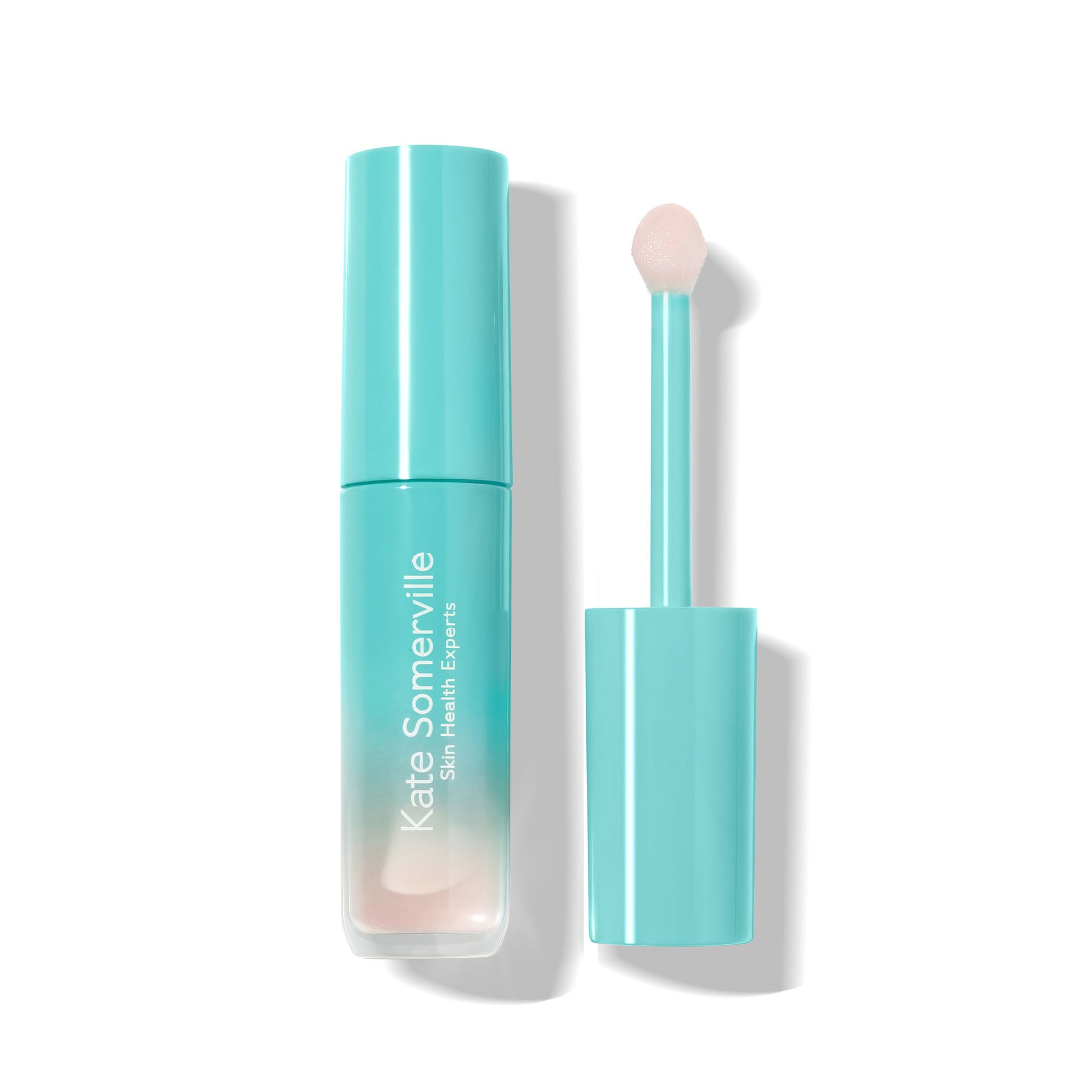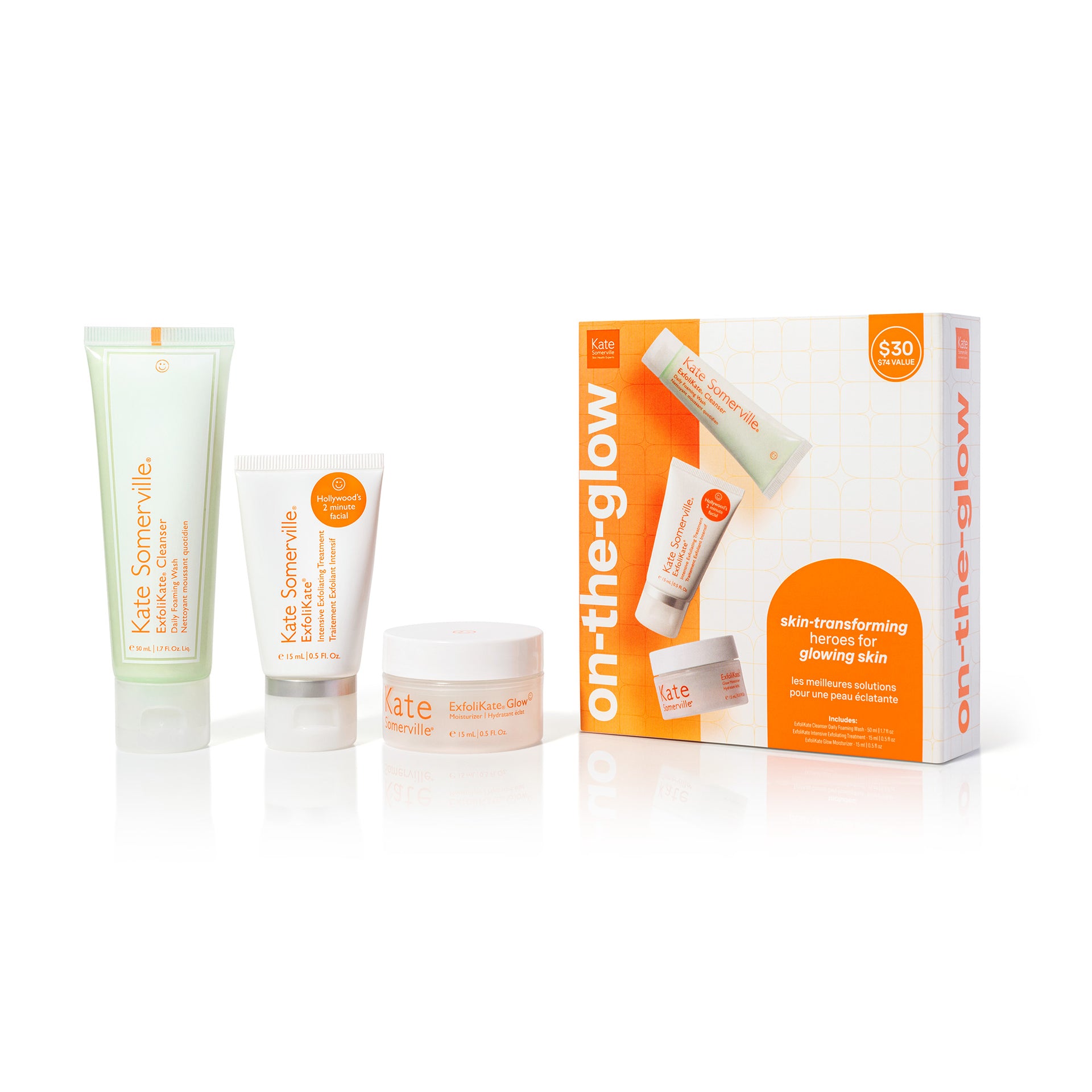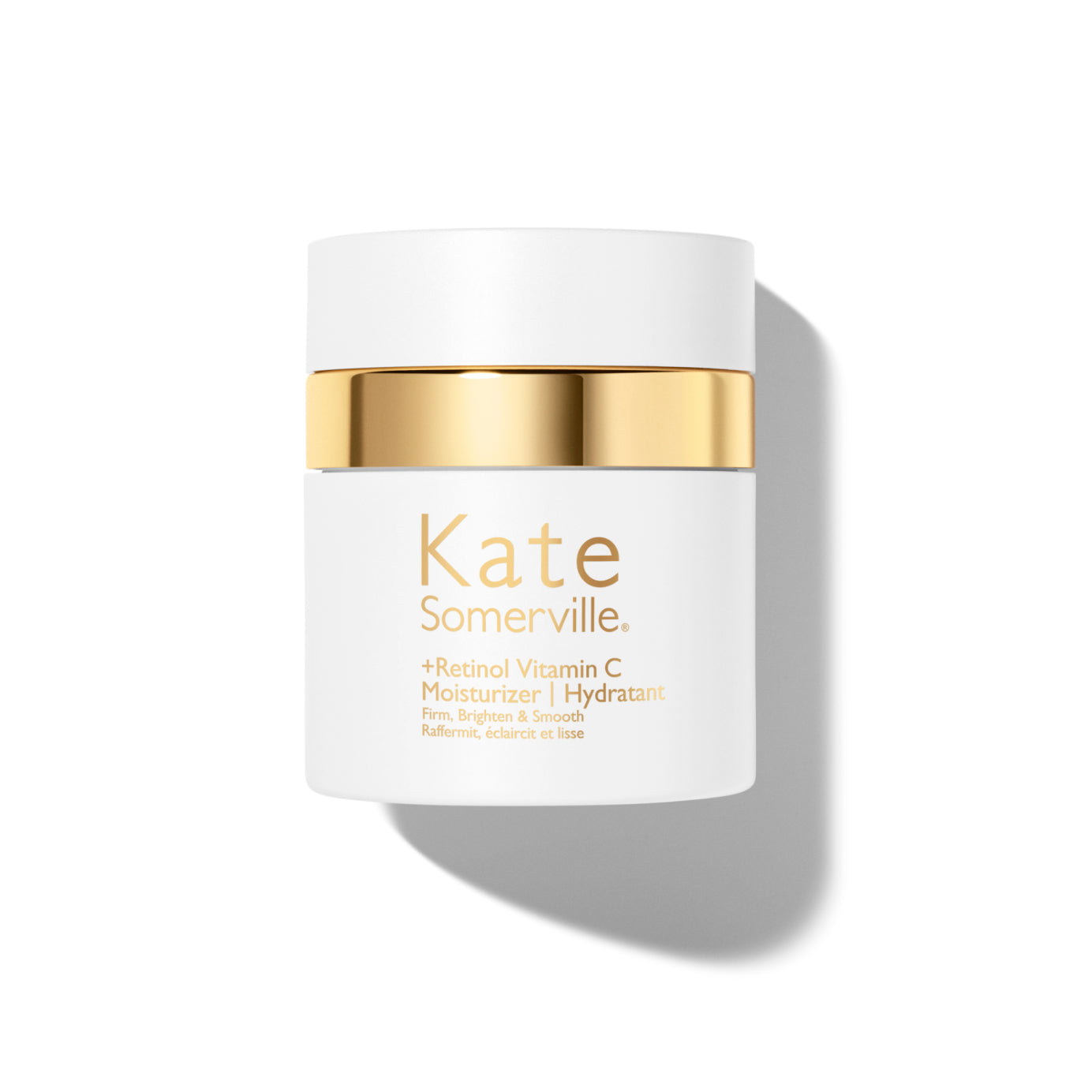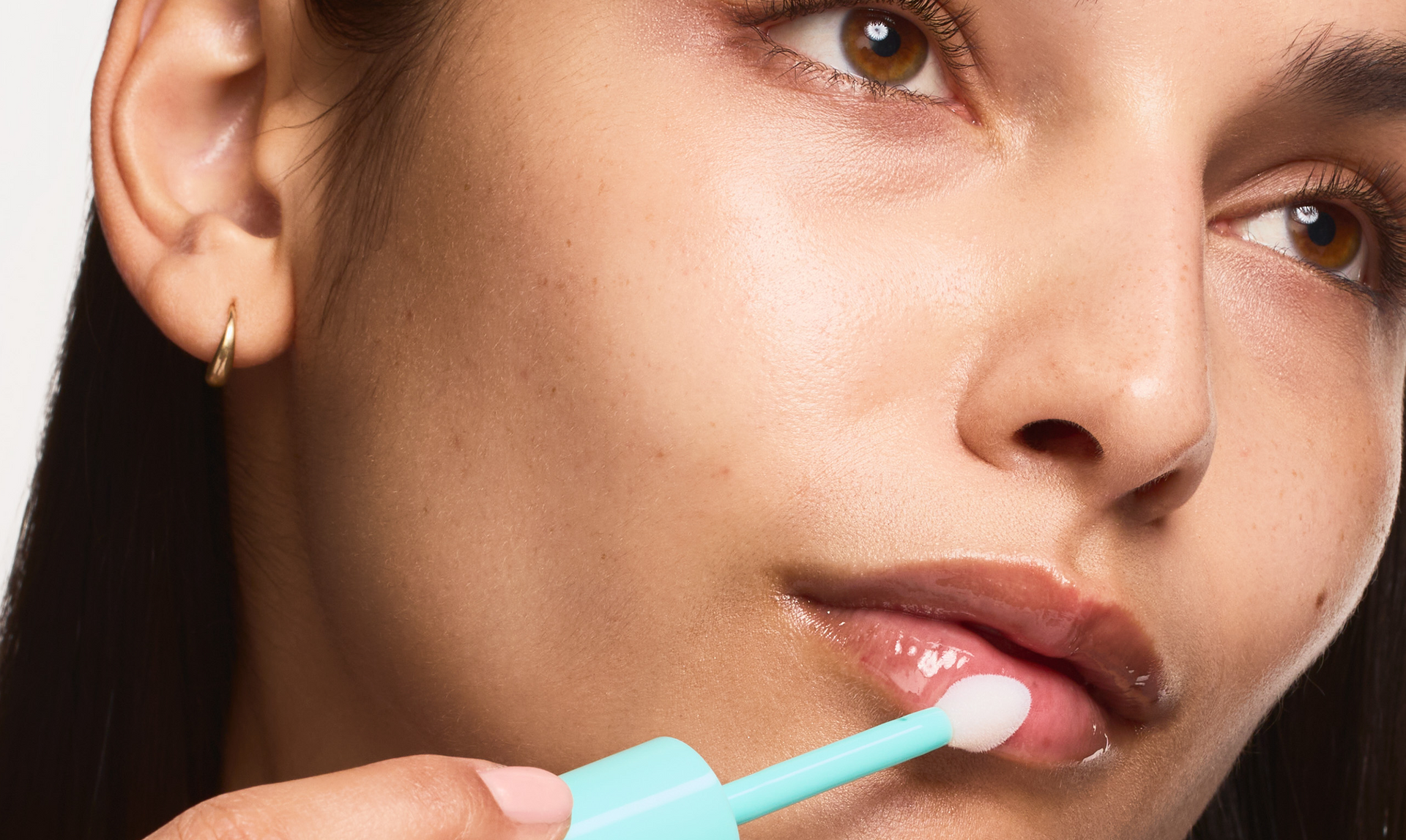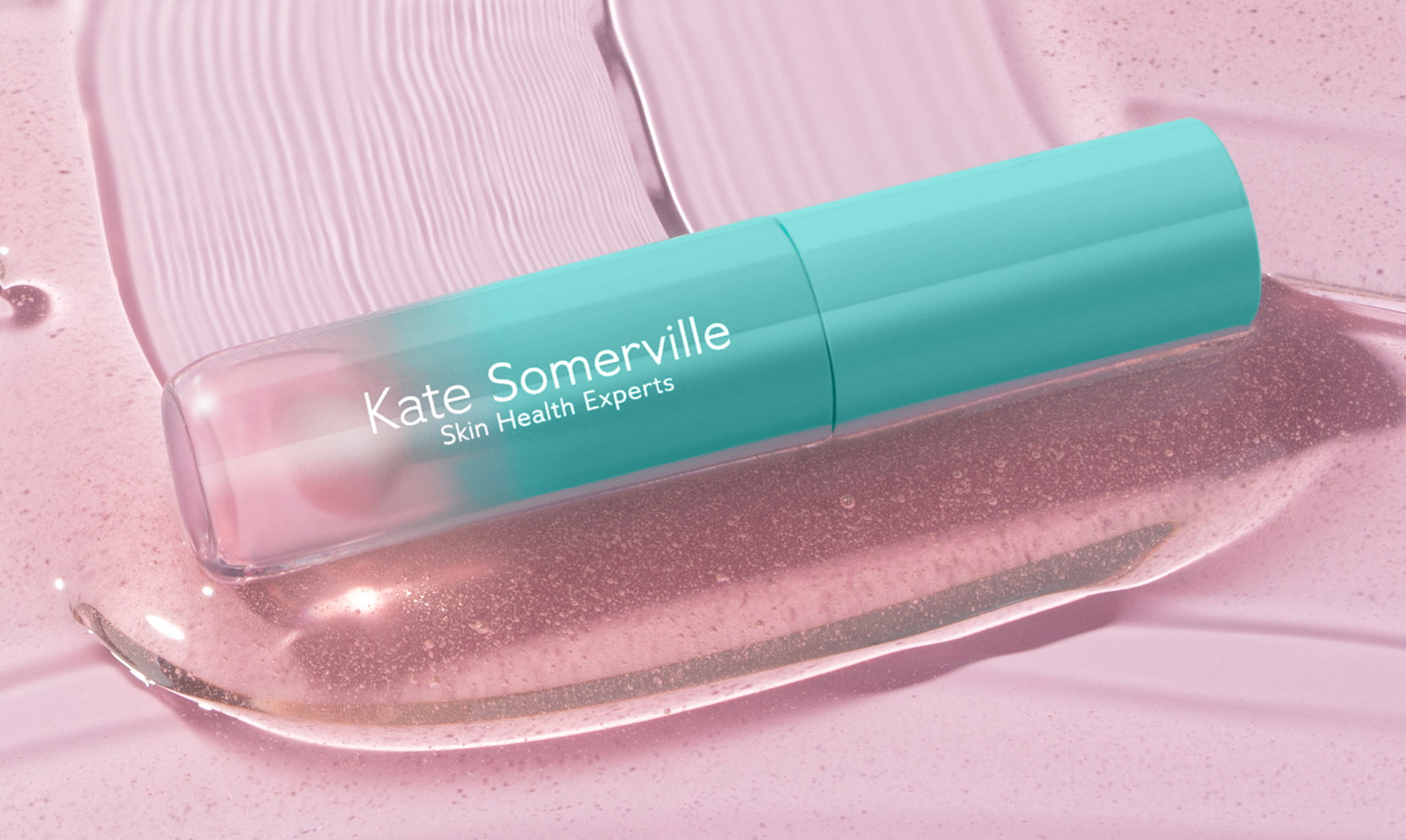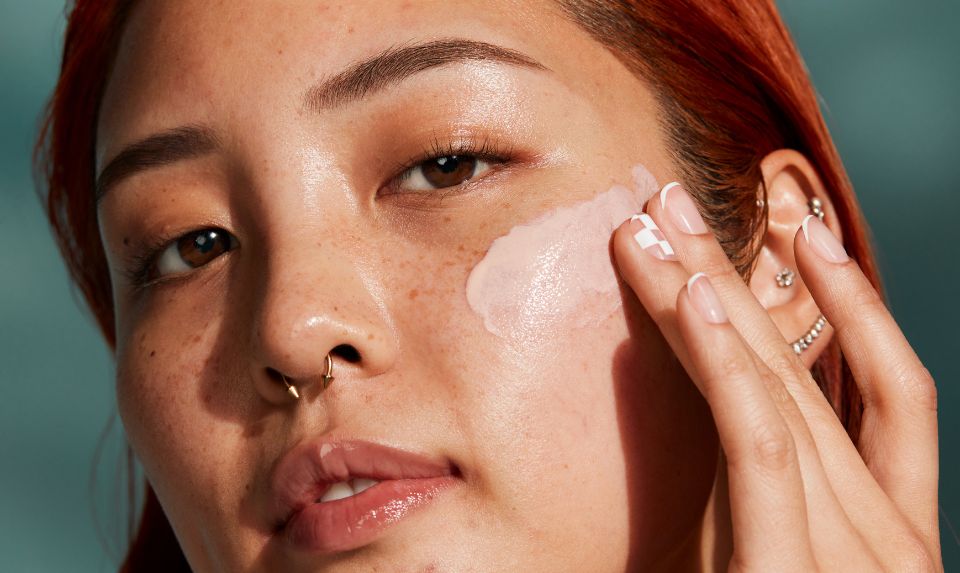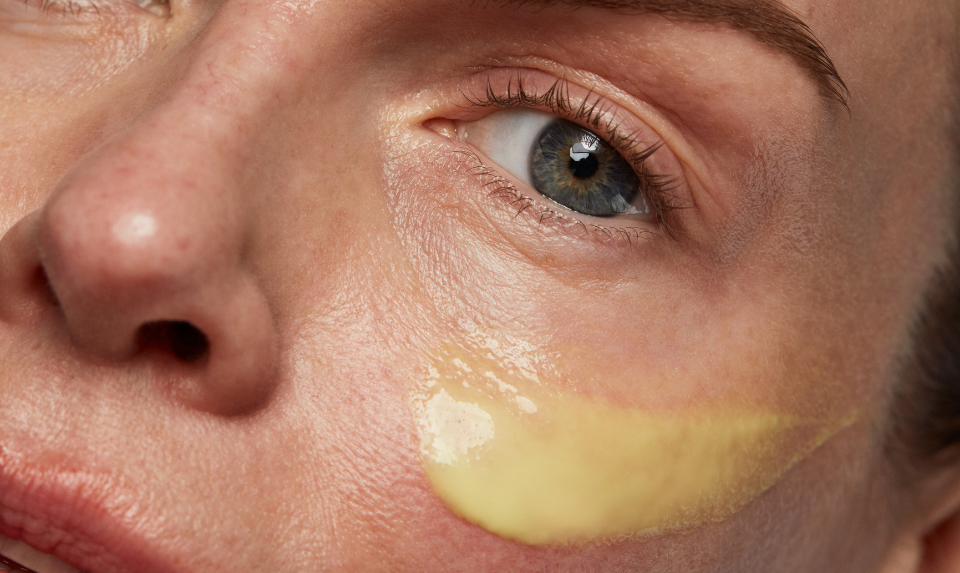Many of us have started to wonder how we can improve ourselves, what healthy habits can we implement into our lives? From diets to exercise, many of the resolutions we put in place for ourselves focus on the appearance of our bodies, including our skin. If you have decided to focus your efforts of self-improvement on bettering your skin, thankfully there are a number of healthy skin habits that will not only bolster your complexion but your overall health as well. Given that the skin is the largest organ in the body, it is no wonder that it is affected by changes made both inside and out. Fortunately, we have condensed our team’s wealth of knowledge on the matter into a singular list of healthy habits that you can use to achieve the skin of your dreams.
Healthy Habits for Skin
Improving your skin is an admirable task and one that can be achieved with patience. The skin does not change overnight and it is important to recognize that improvements will happen over a period of time. You will also need to commit to your new goal and implement changes consistently in order to see results. That said, there are things you can do not only to the surface of your skin but internally to your body that will yield positive change to your skin.
Changes Inside
Everything in our bodies is connected and so what you eat and drink, where you live, and how you generally treat your body has an impact on the appearance of your skin. If you want to see improvements in your skin, you cannot ignore what you are putting into your body and surrounding yourself with on a daily basis. Implementing these changes will have a multitude of benefits, not only for your skin but your whole body’s health as well.
Increase Your Water Intake
Our Kate Somerville estheticians know that drinking water is one of the most important things you can do for your skin. Some suggest that increasing water intake, in turn, increases blood flow through the capillaries of the skin and others have found water intake simply helps to balance the skin’s natural moisture levels. Drinking plenty of water also helps your body to get rid of any toxins lingering in your organs, including your skin. Some have even reported reduced acne as they increased their water intake, though studies surrounding those results are insufficient. Whatever the reason, drinking more water is a great place to start on your journey to better skin.
To see the most notable effects, you should be drinking at least 100 ounces of water per day. Our esthetician Aly Mac suggests carrying a large water bottle with you throughout the day to ensure you are drinking enough. She instructs to fill the bottle up in the morning and finish drinking it before you head out the door for work. Then fill it up again and drink it all before lunch, then again before dinner. This will help to dramatically increase your water intake and, best of all, it is a free change you can make to improve your skin and health!
Cut Back on Processed Foods
There is a known link between your diet and your skin, so if you want to see changes in your skin you will need to make changes to your diet. Processed foods, specifically, are often high in saturated fats and simple carbohydrates like sugar. When consumed, these foods are quickly broken down by your body resulting in spikes in your blood sugar levels. If you have too many of these foods these spikes in blood sugar can cause your skin to react negatively. So if you want to see improvements in your skin it is best to cut back on foods that are inflammatory, high in sugars or high in saturated fats such as white bread, candy, fried food, ice cream, fruit juice, pasta, ketchup, cream cheese, jam, pizza, sugar (white and brown), packaged snacks and sodas.
Reduce Dairy
Similarly, dairy can also have a negative impact on your skin when consumed too often. Like the effects of water consumption, most of the evidence supporting a link between dairy products and skin concerns such as acne seems to be anecdotal as opposed to fact. However, the link does appear to exist between dairy products and increased acne. Some believe that the hormones contained in milk and other dairy products spike your naturally occurring levels resulting in breakouts. Though we can’t say for sure why there is a correlation, cutting down on your dairy intake only seems to have a positive impact on your skin.
Choose Organic
One of the healthiest decisions you can make is to go organic. Eating organic foods is much better for our bodies compared to those traditionally farmed which tend to have less nutritional value and introduce potential toxins and chemicals. Recently, genetically modified organisms (GMOs) have also been an important topic of discussion too as we have learned more about how these foods impact human health, the environment, and biodiversity. Organic foods, as a rule, such as meat, poultry, eggs, and dairy products are produced by animals that have been given no antibiotics or growth hormones. As such, eating organic foods may help reduce the frequency at which you consume toxins, chemicals, and other harmful elements which could impact your skin’s appearance.
Minimize Stress
Regular exercise may be one of the most well-known ways to improve your whole body health, helping improve the functioning of your lungs and heart as well as your mental state. By decreasing stress, exercise can help to reduce any skin condition that may be exacerbated by such a state like acne breakouts or eczema. Although researchers are still uncovering the link between stress and the skin, some believe that the skin’s oil glands and natural oils that the skin releases may be influenced by stress hormones [1] .
Exercise can also help to better your skin by increasing blood flow. During a workout, your heart works harder to pump blood efficiently to every corner of your body - this is why it improves heart health. But once you are done, your heart has increased its ability and can easily pump blood to your skin while resting thus giving you a warm glow.
Changes Outside
Once you have implemented changes that will influence your skin from inside your body, it is time to make improvements to how you directly interact with the surface of your skin. There is a lot you can do to affect change and see noticeable improvements.
Exfoliate Regularly
Exfoliating is the process of removing the outermost layer of skin and provides a number of benefits. First, it helps to unclog and minimize the appearance of your pores by removing any lingering dirt on your face’s surface. Along with the help of anti-aging cream, it also may soften age spots by helping to reduce the appearance of fine lines or wrinkles as a result of removing the skin cells containing the altered pigment and increasing the skin’s ability to reflect light. Exfoliation also prepares your skin for any products that follow it. With all those dead skin cells and dirt gone, any additional products will be able to better penetrate the skin and be more effective. To see the best results and benefits of exfoliating, exfoliate two to three times per week depending on your skin type and the exfoliator you choose. Generally speaking, those with sensitive skin will want to opt for a gentler exfoliator and use it less often.
Use Hyaluronic Acid
Found naturally in our bodies as a primary element of our connective tissues within our skin, cartilage, joints, and eyes, hyaluronic acid’s main function is to lubricate our joints. However, it also supports our skin by hydrating the skin. As a result, applying hyaluronic acid to your face can have a number of benefits including helping to improve your skin’s resilience and regulate your skin’s moisture levels. Try adding hyaluronic acid to your skin regimen to help keep your skin moisturized, especially in the winter months of the new year.
Get a Dose of Vitamin C
When applied to the skin, vitamin C accomplishes a number of things to help produce vibrant skin. First, it helps to brighten your complexion and soften the visible signs of aging as a result of its powerful antioxidant properties. High-potency vitamin C helps even out skin tone and brighten your overall complexion, leaving you with a beautiful glow. Plus, it replenishes the skin’s natural lipids improving skin texture and increasing moisture retention. And finally, vitamin C improves skin firmness and resiliency which can reduce the appearance of eye wrinkles or visible signs of any other wrinkles and fine lines.
Double Cleanse
As it sounds, double cleansing is the practice of washing your face two times, first with an oil-based cleanser and the second with a water-based cleanser specific to your skin type. Using an oil cleanser, though seemingly counterintuitive, can be an especially effective way to gently dissolve tough to remove makeup and remove environmental pollutants from the surface of the skin. These oil-based cleansers also help remove excess oil from the surface of your skin and help balance future oil production as overly dry skin often leads to increased oil production. And by removing any surface dirt this initial cleanse allows the following cleanser to penetrate deeper into your pores and clean your face more effectively. Your second water-based cleanser should be designed to specifically address the concerns of your specific skin type and removes any lingering dirt or residue that was left behind after your initial cleanse, leaving you with a clean face.
Find a Routine
Finally you should incorporate all of these changes to the most important modification of all, developing a regular skincare routine. As you become more comfortable with your products and the practice of using them, you will want to establish a routine for both the morning and evening. Though you can use some of the same products in both, you may choose to implement slight variations given the time of day to ensure you are giving your skin the most complete care possible. For example, you should always apply sunscreen in the morning but that is not necessary at night. However, if a twice-daily routine seems overwhelming to start, you can begin with something simpler and build your routine from there. Try beginning with a double cleanse, toner, and vitamin c moisturizer once a day. Then once you have consistency increase to twice a day before you add in more complexities to your regimens such as exfoliators, essences, serums, eye creams, sleep masks, and spot acne treatments.
Changing your skin requires time and patience as the modifications you make will likely not provide instant results. But with some consistency and persistence, you will be rewarded with the best skin of your life. And by making changes both inside and out you will walk away as a healthier person overall.
Sources:

